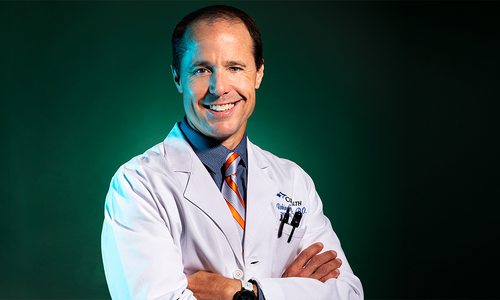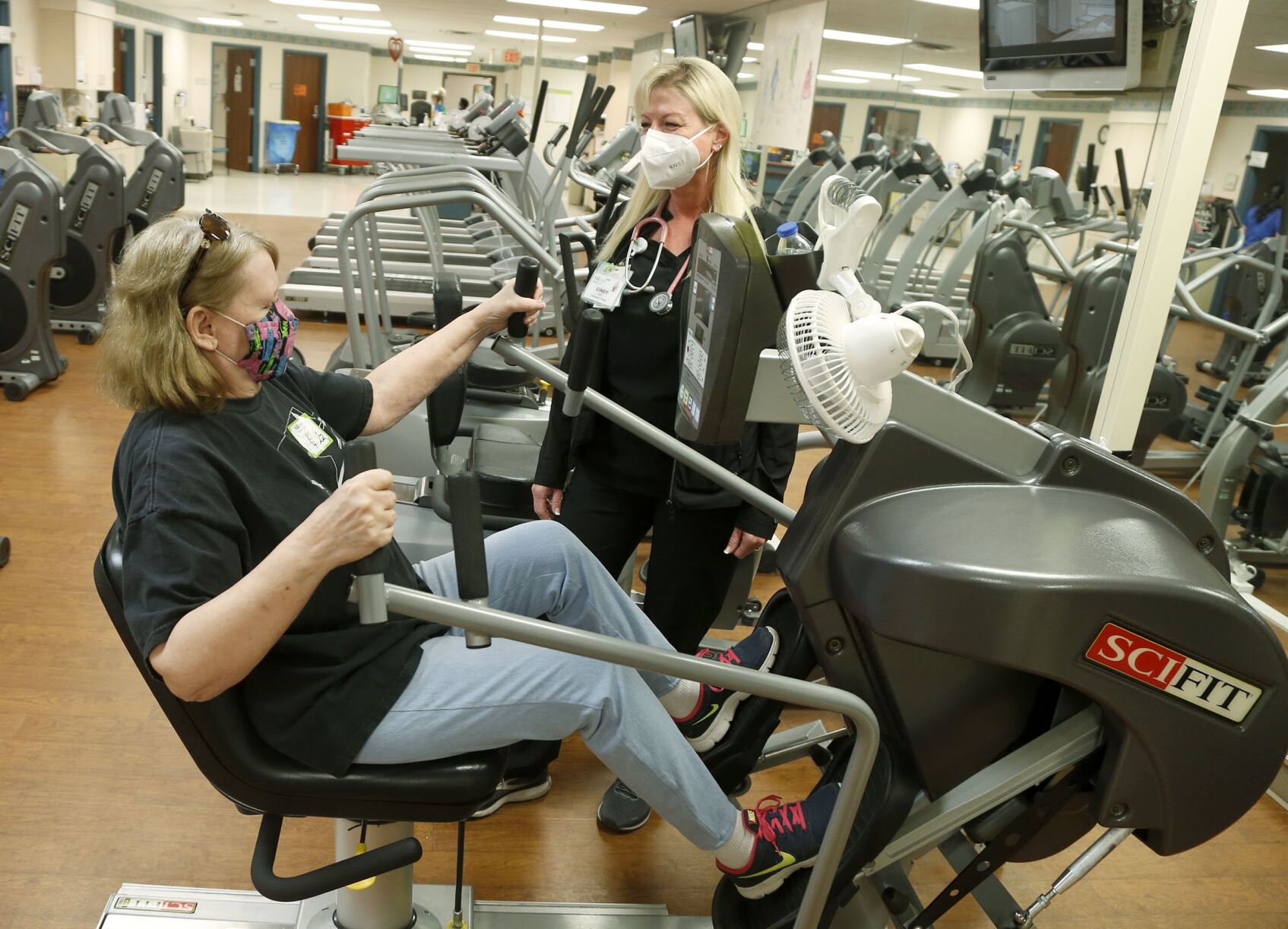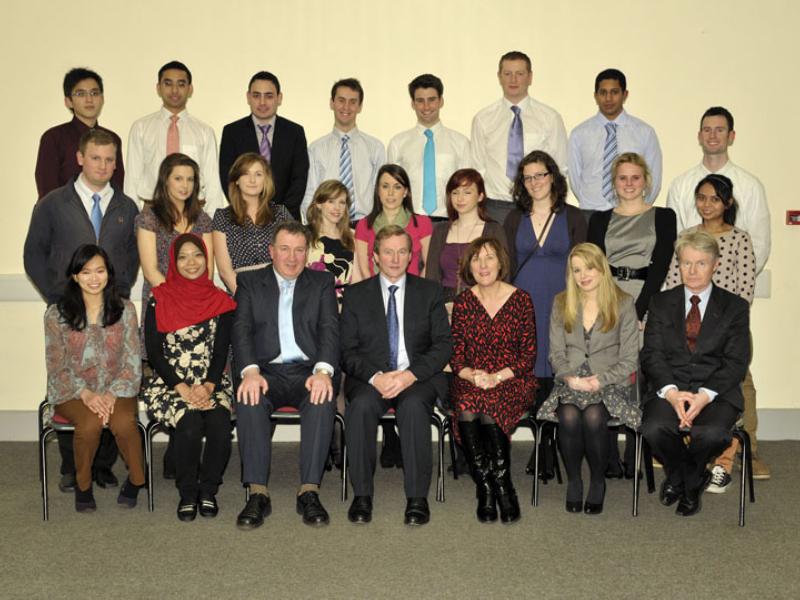
We all know that anecdotal experience, the material of traditional medical practice and teaching, 9 is unrepresentative of the average case 10, 11 and thus a potentially biased influence on decision making.
#DR BRIAN JENKINS DOCTORS IN TRAINING PROFESSIONAL#
Evidence supports the claim that doctors do not simply assess symptoms and physical signs objectively: they interpret them by integrating the formal diagnostic criteria of the suspected disease (that is, what those diseases are supposed to do in “typical” patients as described in standard textbooks) with the case specific features of the patient’s individual story and their own accumulated professional case expertise.ĭiagnosis: evidence or the interpreted story?

8 Our medical training can be viewed as a kind of deductive narrative that predicts the fact of pitting oedema for which the trained clinical mind is then prepared. In the language of empiricism such an observation could be interpreted as ascertainment bias, but in the language of social constructionism it reflects the notion that even objective facts are theory laden. Those who have studied the phenomenon of clinical disagreement, as well as those of us who practise medicine in a clinical setting, know all too well that clinical judgments are usually a far cry from the objective analysis of a set of eminently measurable “facts.” Pitting oedema, for example, will be more readily detected in a patient who has just mentioned that she ran out of “water tablets” last week than in someone who has made no such comment. (Incidentally, cardiologists agreed rather more often than this in diagnosing angina from patients’ descriptions of chest pain and, in some studies, rather less often in interpreting the abstracted, hard reality of electrocardiographic tracings. Clinical agreement, expressed statistically as the κ score, is of the order of 50% beyond chance for routine clinical procedures such as detecting the presence or absence of pulses in the feet, classifying diabetic retinopathy as mild or severe, and assessing the height of the jugular venous pressure. 7 Sackett et al argued that we should acknowledge and measure the amount of disagreement between different clinicians in different circumstances rather than dismiss it or attribute it to inexperience or incompetence.

Indeed, it was Sackett and his colleagues who found that whenever the diagnostic acumen of doctors is studied, different clinicians show a singularly unimpressive amount of agreement beyond chance. Tannenbaum summarised this view in 1995: “Evidence-based medicine argues for the fundamental separability of expertise from expert and of knowledge from knower, and the distillation of medical truth outside the clinical encounter would seem to allow both buyers and sellers in the health care market to act independently and rationally.” 6Īlthough many disciples of the evidence based medicine movement (perhaps especially those with a management, rather than a clinical, background) might support this positivist image of evidence based practice, its founding fathers made no such claim for the objectivity of clinical method. The evidence based approach to clinical decision making is often incorrectly held to rest on the assumption that clinical observation is totally objective and should, like all scientific measurements, be reproducible. This approach is based on the somewhat tenuous assumption that diagnostic decision making follows an identical protocol to scientific inquiry-in other words, that the discovery of “facts” about a patient’s illness is equivalent to the discovery of new scientific truths about the universe.

Conventional medical training teaches students to view medicine as a science and the doctor as an impartial investigator who builds differential diagnoses as if they were scientific theories and who excludes competing possibilities in a manner akin to the falsification of hypotheses. Science is concerned with the formulation and attempted falsification of hypotheses using reproducible methods that allow the construction of generalisable statements about how the universe behaves.

The limits of objectivity in clinical method


 0 kommentar(er)
0 kommentar(er)
